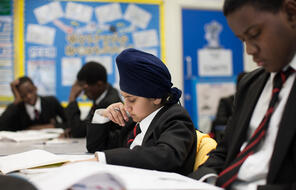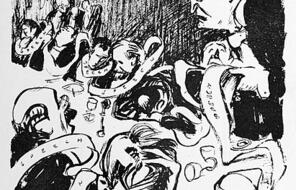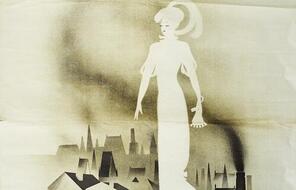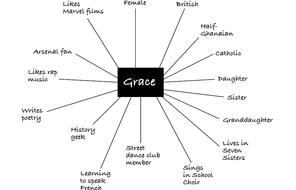The Republic of Imagination (excerpt)
At a Glance
Language
English — USSubject
- Civics & Citizenship
- English & Language Arts
- Democracy & Civic Engagement
In countries such as Iran, imagination is threatened by a regime that desires total control over the lives of its citizens, for whom resistance against the state is not just a political act but an existential one. But what of democracies, where that naked tyranny does not exist? In a totalitarian country, brutality and repression are present in their most blatant forms: torture, arbitrary laws, executions. Ironically, within such societies, the value of imagination, its threat to the existence of the state as well as its importance to the lives of citizens, is quite obvious—which is one reason why people in repressive societies tend to take great risks to read banned books, watch banned films and listen to banned music. For them literature is not simply a path toward literacy or a necessary step in their education. It is a basic need, a way to reclaim an identity confiscated by the state.
Although literacy is the first and essential step toward the kind of engaged citizenry necessary for a thriving democracy, it is not enough, for it is only the means to an end. What we learn and how we learn it is just as important. Regardless of their ideological inclinations, autocracies like those wreaking havoc in Iran, China, Zimbabwe, Saudi Arabia and North Korea are afraid, and justifiably so, of the aftermath of literacy—namely, knowledge, the bite of the forbidden fruit, with its promise of a different kind of power and freedom. That is why the Taliban destroys schools and wishes to murder young teenage girls like Malala who are brave enough to publicly articulate their passionate desire for education and freedom… .
In a democracy, the arts tend not to threaten the state or to exert such a sense of urgency…Every state, including a totalitarian one, has its lures and seductions. The price we pay for succumbing is conformity, a surrender of one’s self to the dictates of the group. Fiction is an antidote, a reminder of the power of individual choice. Every novel has at its core a choice by at least one of its protagonists, reminding the reader that she can choose to be her own person, to go against what her parents or society or the state tell her to do and follow the faint but essential beat of her own heart…
That inner self is what makes it possible for private individuals to become responsible citizens of their country and of the world, linking their own good to that of their society, becoming active and informed participants. For this they need to know, to pause, to think, to question. It is this quality that we find in so many of America’s fictional heroes, from Huckleberry Finn to Mick Kelly in The Heart Is a Lonely Hunter...We need the pristine beauty of truth as revealed to us in fiction, poetry, music and the arts: we need to retrieve the third eye of the imagination. 1
- 1 Azar Nafisi, The Republic of Imagination: America in Three Books (Penguin, 2014), pp. 14-17. Reprinted by permission.
How to Cite This Reading
Facing History & Ourselves, "The Republic of Imagination (excerpt)," last updated June 8, 2017.
This reading contains text not authored by Facing History & Ourselves. See footnotes for source information.












